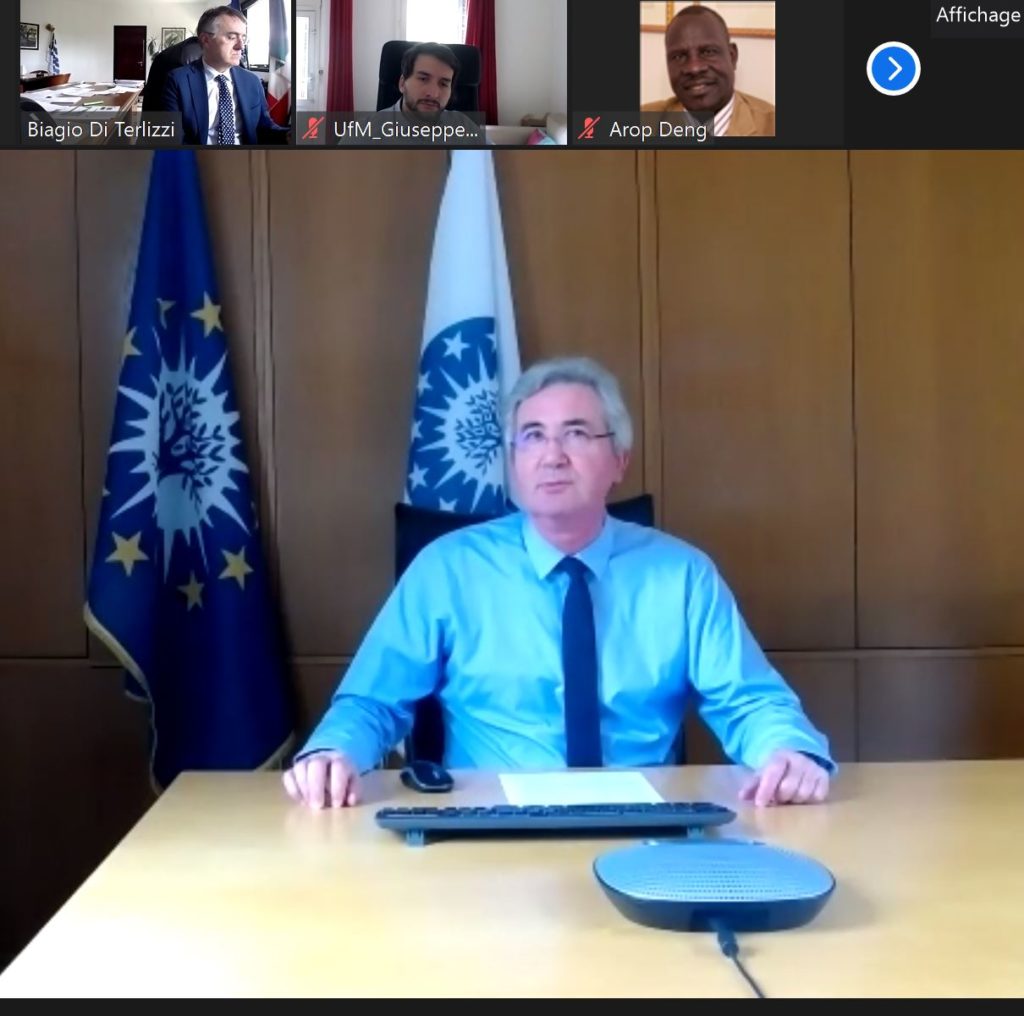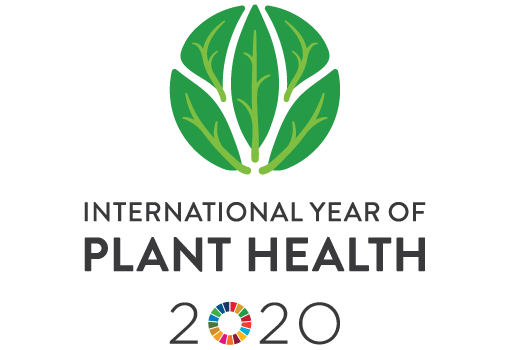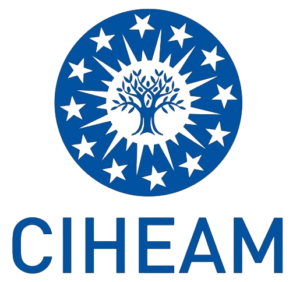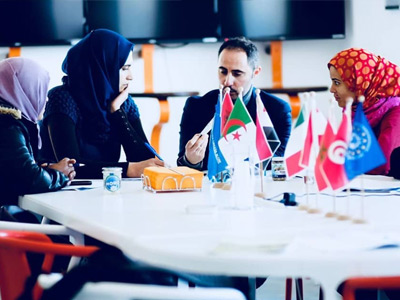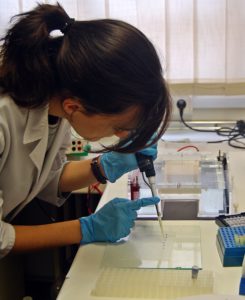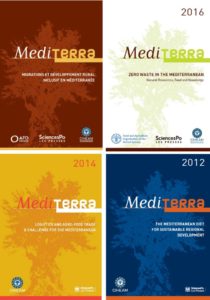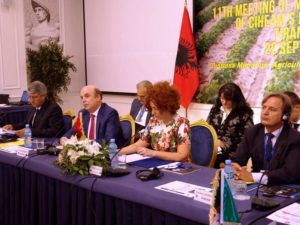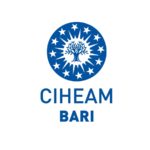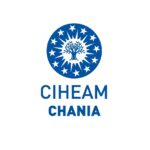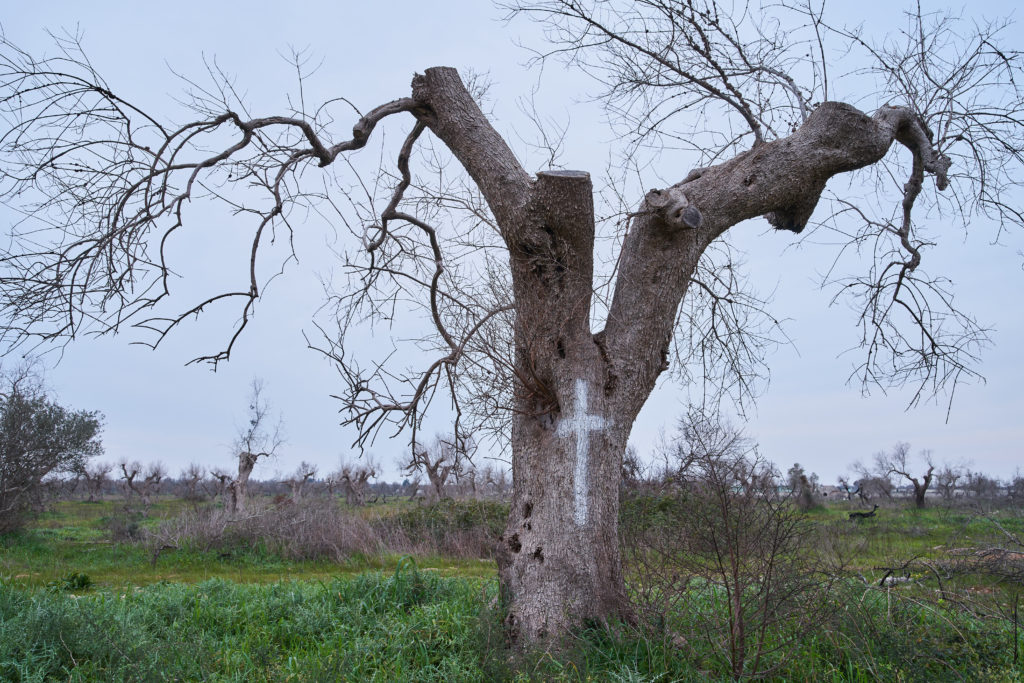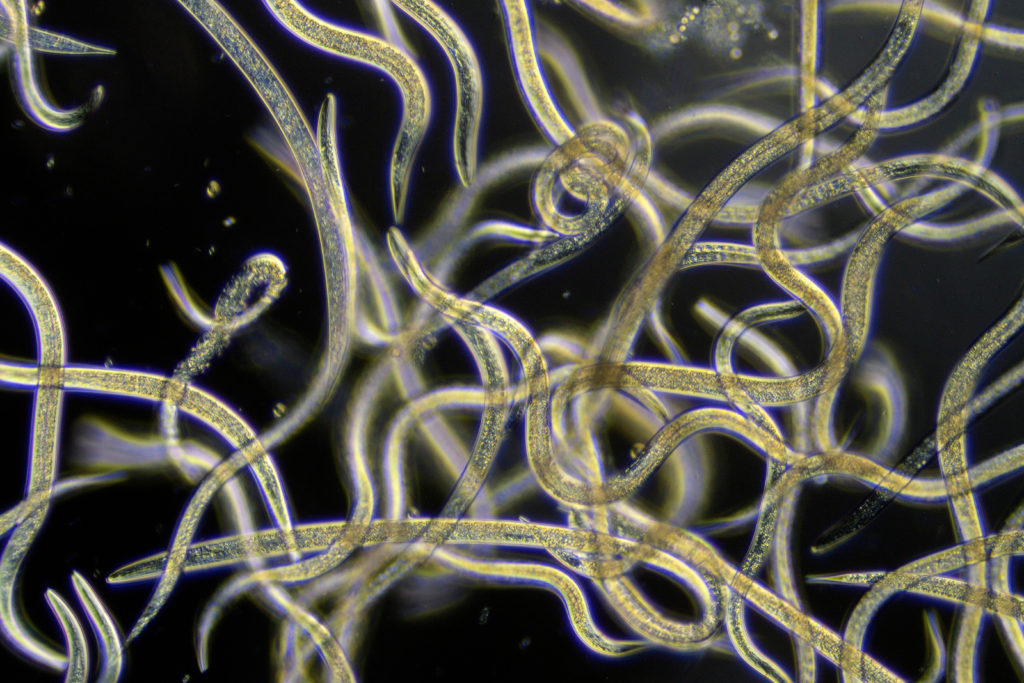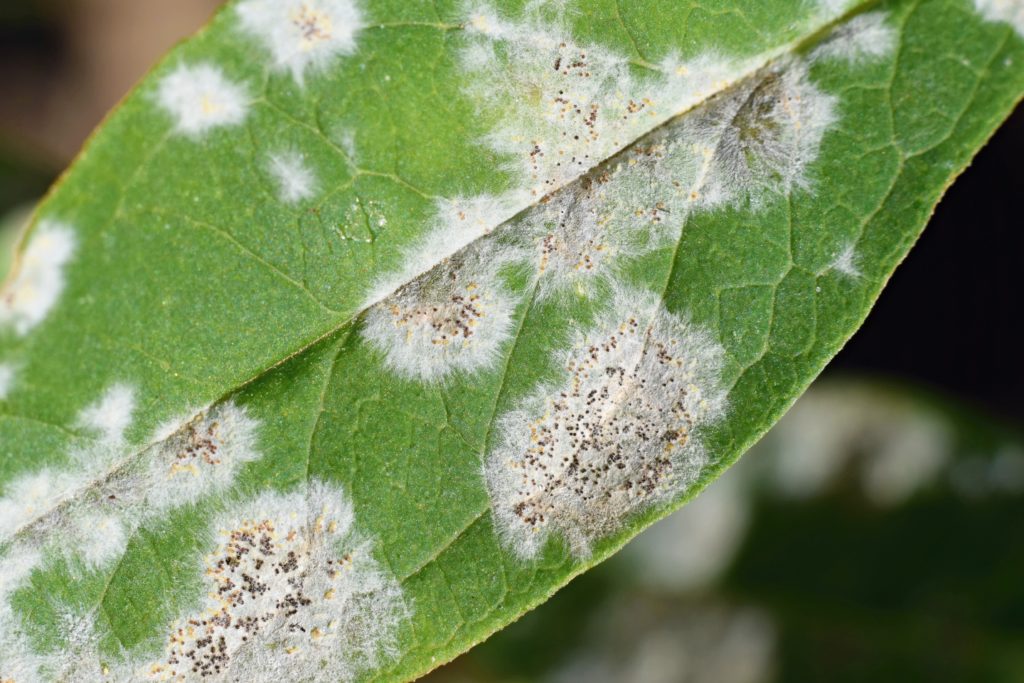
Plant Health Research Priorities for the Mediterranean Region
International workshop (12 May 2021)
The CIHEAM Bari and Euphresco Network for phytosanitary research coordination and funding, organised an online International Workshop on the Plant Health Research Priorities for the Mediterranean Region on Wednesday 12 May 2021.
The event gathered 19 countries and the participants representing the International Organisations (the Arab Society for Plant Protection, the European and Mediterranean Plant Protection Organization, the European Food Safety Authority, the International Plant Protection Convention Secretariat, the Interreg-Balkan Mediter, the Interreg-Med, the Joint Programming Initiative on Agriculture, Food Security and Climate Change, the Mediterranean Phytopathological Union, the Near-East Plant Protection Organization, the PRIMA Fondation, and the Union For the Mediterranean).
With more than 90 participants, this meeting was an opportunity for high-level officials from organisations involved in policymaking, research funding and research implementation in the Mediterranean region to meet, exchange views, discuss and identify common plant health research priorities like the Xylella fastidiosa bacteria, the pinewood nematodes, plum, date palm, potato diseases and pests ...
Four working groups of Countries from Balkan-Mediterranean, Eastern Mediterranean, Maghreb, and Western Mediterranean were organised to allow neighbouring Countries to informally discuss their plant health research programmes for the next 2-5 years and their research priorities for which international collaboration is sought.
Mediterranean Dialogue and Cooperation
During the conclusions, the Secretary-General of CIHEAM, Plácido Plaza, recalled the importance of the coordination of research in particular given the difficult situation we are going through with the pandemic.
He also stressed that “a sustainable plant protection strategy is more essential than ever and that research plays a key role in supporting phytosanitary activities, providing solutions, but also building bridges between national communities and international funders and policymakers in phytosanitary research. "
